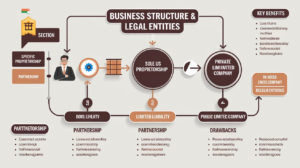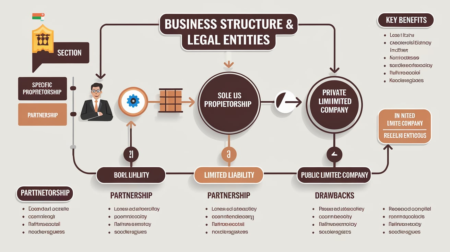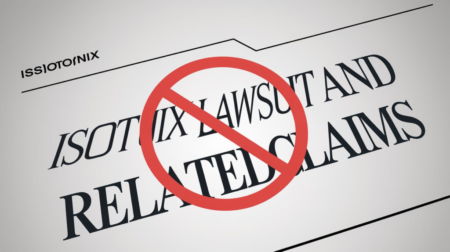What is Mobile Device Management?
Mobile Device Management (MDM) refers to the software and processes used to manage and secure mobile devices within an organization. These devices can include smartphones, tablets, and laptops. Organizations use MDM solutions to help IT administrators control device settings, ensure data security, and streamline the distribution of apps and updates. With the rising trend of remote work, effective MDM systems, such as those offered by Mobile Device Management Verizon, have become indispensable in ensuring operational efficiency and securing company data across various devices. Implementing MDM solutions offers organizations various benefits, including improved data security, enhanced compliance, reduced IT costs, and increased employee productivity. MDM centralizes device management, making it easier for IT teams to handle large fleets of devices efficiently. IT departments can simultaneously push updates and applications to all devices, saving time and reducing human error. This leads to a reduction in downtime and increased employee productivity.
Security and Compliance
Security is a critical aspect of any MDM strategy. Mobile devices can be vulnerable to data breaches and cyber-attacks if not adequately managed. MDM solutions mitigate these risks by offering remote wiping, encryption, and policy enforcement. Should a device be lost or stolen, IT administrators can remotely wipe sensitive data, preventing unauthorized access. Encryption ensures that data stored on mobile devices remains protected from prying eyes.
Moreover, MDM helps organizations comply with industry regulations by ensuring that all devices adhere to set security standards. Companies in sectors such as healthcare and finance must comply with stringent data protection laws. An effective MDM solution not only safeguards data but also ensures that companies meet legal obligations, avoiding costly fines and damage to reputation. MDM solutions provide robust security features for protecting sensitive data and ensuring compliance in today’s digital landscape.
Boosting Productivity Through MDM
MDM systems can significantly enhance productivity by simplifying device management and reducing the burden on IT staff. Automated updates, app distribution, and centralized control allow employees to focus on their core tasks without interruptions. For instance, MDM can simultaneously push them to all devices instead of manually installing essential apps. Additionally, MDM can prevent downtime caused by device malfunctions or security breaches, ensuring smooth business operations. This means that employees can immediately access required resources, reducing waiting times and interruptions. For example, sales teams with up-to-date tablets can access the latest product information and updates in real-time, improving client interactions. By eliminating operational hiccups, MDM contributes to a seamless workflow, supporting continuous productivity across the organization.
Choosing the Right MDM Solution
Selecting an appropriate MDM solution depends on various factors, including the organization’s size, device types, and specific security requirements. It is crucial to evaluate different solutions based on their features, ease of use, and support services. Companies should also consider scalability to ensure that the MDM solution can grow with their needs. For instance, a small startup might prioritize a cost-effective solution that covers basic needs, while a large corporation could require more advanced features and robust support services. Consulting with IT experts and conducting thorough research helps make an informed decision. Testing different MDM systems through free trials or pilot programs is beneficial to see how well they integrate into existing workflows. Remember to also factor in training since the ease of use directly impacts how quickly staff can adapt to the new system.
The Future of Mobile Device Management
The MDM landscape is continually evolving, with new technologies and features emerging to address the growing complexities of mobile device usage in the workplace. Future MDM solutions are expected to incorporate advanced AI, enhanced security measures, and more intuitive user interfaces, making it easier for organizations to manage their mobile devices effectively. AI integration can predict and mitigate potential issues before they escalate, ensuring smoother operations.
Moreover, enhanced security protocols will adapt to new threats, keeping organizational data secure. User interfaces will become more user-friendly, reducing the learning curve for IT administrators. As businesses continue to rely on mobile devices for day-to-day operations, the role of MDM will expand, offering even more sophisticated tools to ensure devices are efficiently managed and secured.








